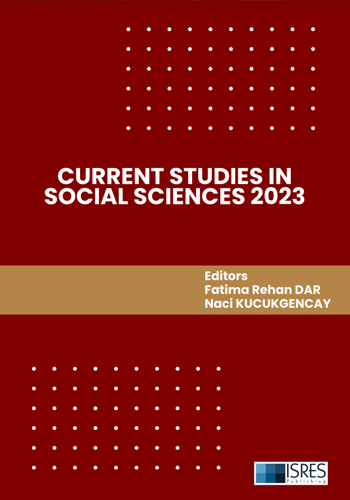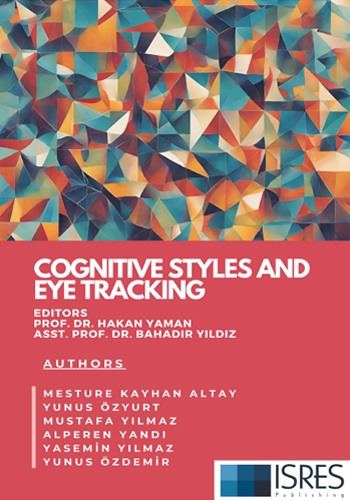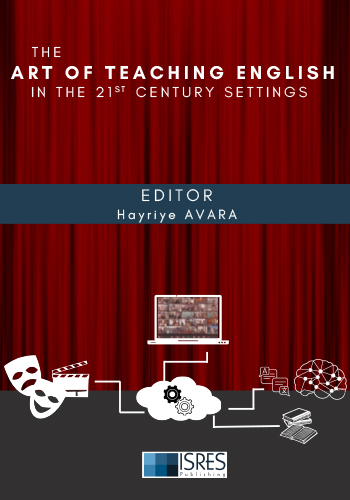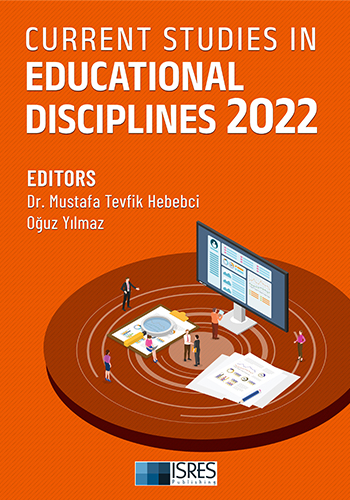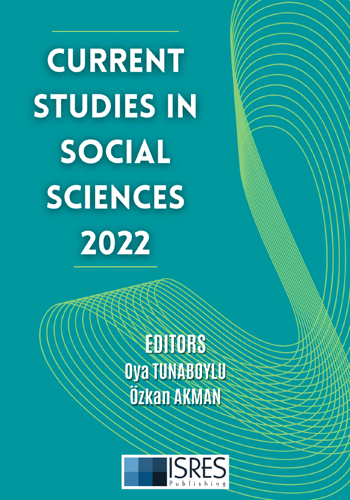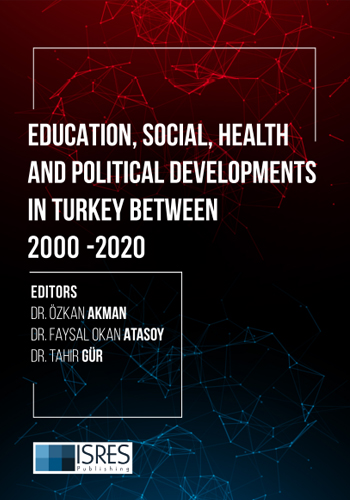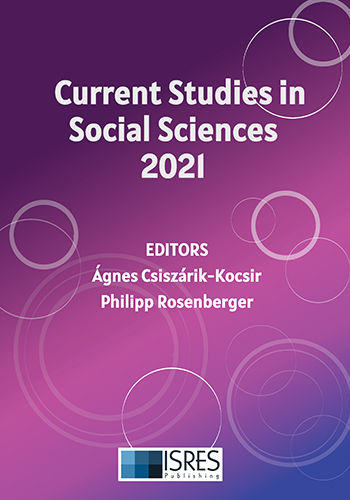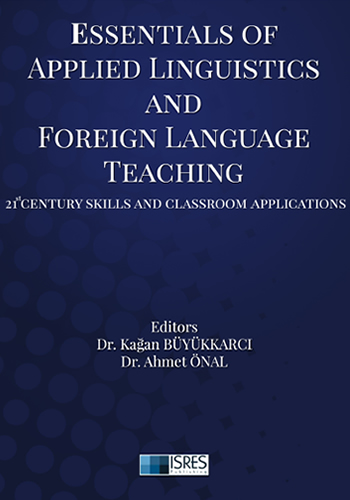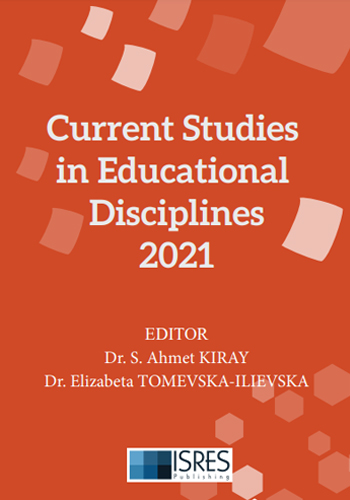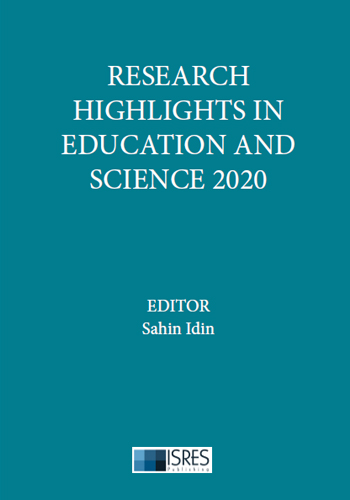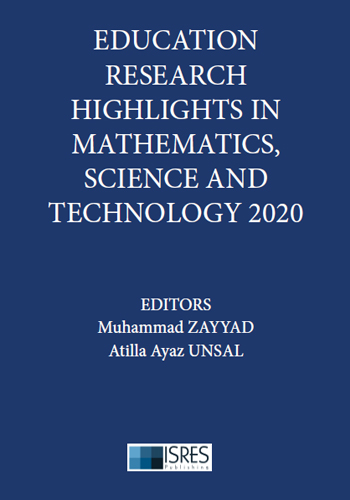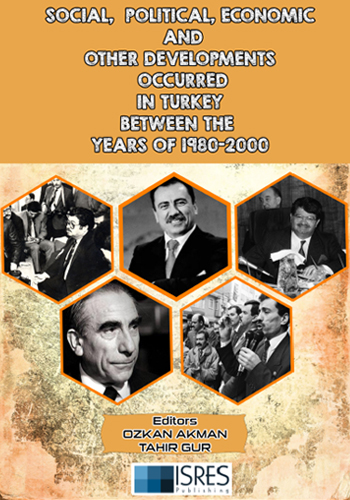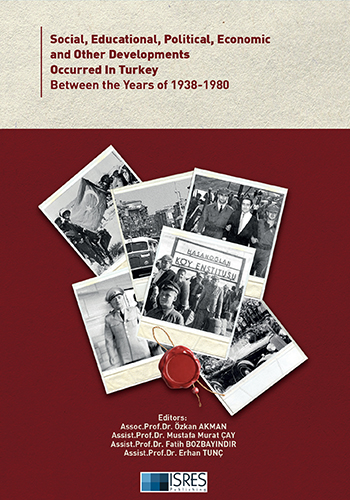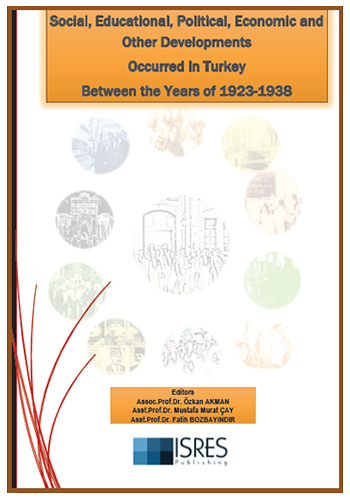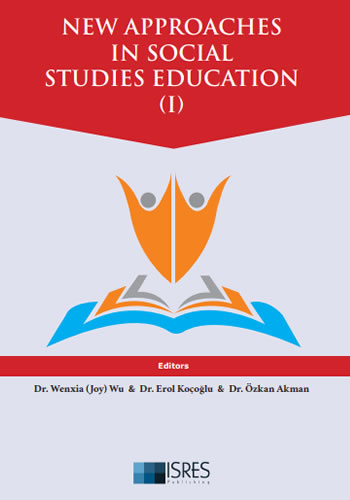Abstract: In this paper, we present a study that can be seen as a partial bridge between didactic researches centered around epistemological concerns like epistemological obstacles and sociological approaches that can be used in educational sciences. To do so we use an anthropological approach to the didactic of mathematics, the anthropological theory of the didactic (ATD) and in particular its “scale of levels of didactic codetermination”. This enables us to bring into the fore a set of constraints emanating from institutions located at a high level of this scale. The two institutions we are considering are the modern mathematics reform and the counter-reform that followed. The constraints generated by these institutions form a dense network that compels the possible shapes mathematical knowledge can take on. Such stringency leads to some hybridization of the deductive and argumentative architecture of courses subdued to these constraints. The concepts become two sided. They bear at the same time a mathematical side, the most visible one, which has a mathematical legitimacy and another less visible one whose role is to allow these concepts’ ecological viability. The implicit and unconscious shifts between these two polarities tend to reinforce cultural mimetic encounters of knowledge based on ostensive practices.
High Level Constraints Weighting on The Possible Shapes Knowledge Can Take on
Education Research Highlights in Mathematics, Science and Technology 2017
Editors: Dr. Mack Shelley, Dr. Mustafa Pehlivan

4368
High Level Constraints Weighting on The Possible Shapes Knowledge Can Take on
Chapter Authors: Pierre Job, Jean-Yves Gantois
Pages: 14-20
Other Chapters
Conversation as a Space for Students’ Learning in Mathematics Class: Re-Visioning Communicative Interactions
P. Janelle McFeetors
More Info Pages: 2-13
High Level Constraints Weighting on The Possible Shapes Knowledge Can Take on
Pierre Job, Jean-Yves Gantois
More Info Pages: 14-20
A Review of Research on The Misconceptions in Mathematics Education
Yasin Ay
More Info Pages: 21-31
Mathematics Education in South Africa: Many Perspectives, Many Voices
David A. Thomas, Heather A. Handy, Gerrit H. Stols
More Info Pages: 32-41
Infinity as a Mathematics Education Playground
Paul Betts
More Info Pages: 42-46
Educational Design of a Snake Game for Basic Mathematical Operations with a Different Approach
Hayri Incekara, Burak Tezcan, Selahattin Alan, Sakir Tasdemir
More Info Pages: 48-53
A Literature Review: Ipad Technology in The Mathematics and Science Classrooms
Sharon Grace Bixler
More Info Pages: 54-66
Improving Efficiency of Operational Education by Using Virtual Reality
Gazi Kocak, Yalcin Durmusoglu
More Info Pages: 67-71
Role of Information Technology in Education in India
Sangappa S. Rampure
More Info Pages: 72-76
Support and Considerations for Implementing The Survey Toolkit Project-Based Curriculum Using Tinkerplots®
Thomas Walsh Jr.
More Info Pages: 77-94
Web 2.0 in Nigerian University Libraries: A Literature Review
Joseph Chukwusa
More Info Pages: 95-101
Strategies Fostering Development of Innovations in The Areas Of STEM
Anna Szemik-Hojniak
More Info Pages: 102-111
Delineating The Roles of Scientific Inquiry and Argumentation in Conceptual Change Process
Ozgur K. Dogan, Mustafa Cakir, Robert E. Yager
More Info Pages: 113-121
The Use of Laboratories in Science Teaching
Cemil Aydogdu
More Info Pages: 122-131
Lessons Learned Around The Block: An Analysis of Research on The Impact of Block Scheduling on Science Teaching and Learning
Dorothy Holley, Soonhye Park
More Info Pages: 132-138
Budapest/Hungary Conferences - August 28-31, 2025
We are pleased to invite you to ISRES conferences, which will be held at Obuda University/Budapest/Hungary on August, 28-31, 2025. The following conferences will be held in Budapest/Hungary:...
15.01.2025
Trabzon/Türkiye Conferences - May 01-04, 2025
ISRES Spring Conferences - Trabzon/Turkiye SOCIAL SCIENCES – May 1-4, 2025, Trabzon, Türkiye * 5th International Conference on Social Science Studies - IConSoS2025 ...
11.12.2024
Peja/Kosovo Conferences - July 10-13, 2025
We are pleased to invite you to our conferences, which will be held at University of Peja Haxhi Zeka on July, 10-13, 2025. The following conferences will be held in Peja/Kosovo: - 7th Internat...
28.11.2024









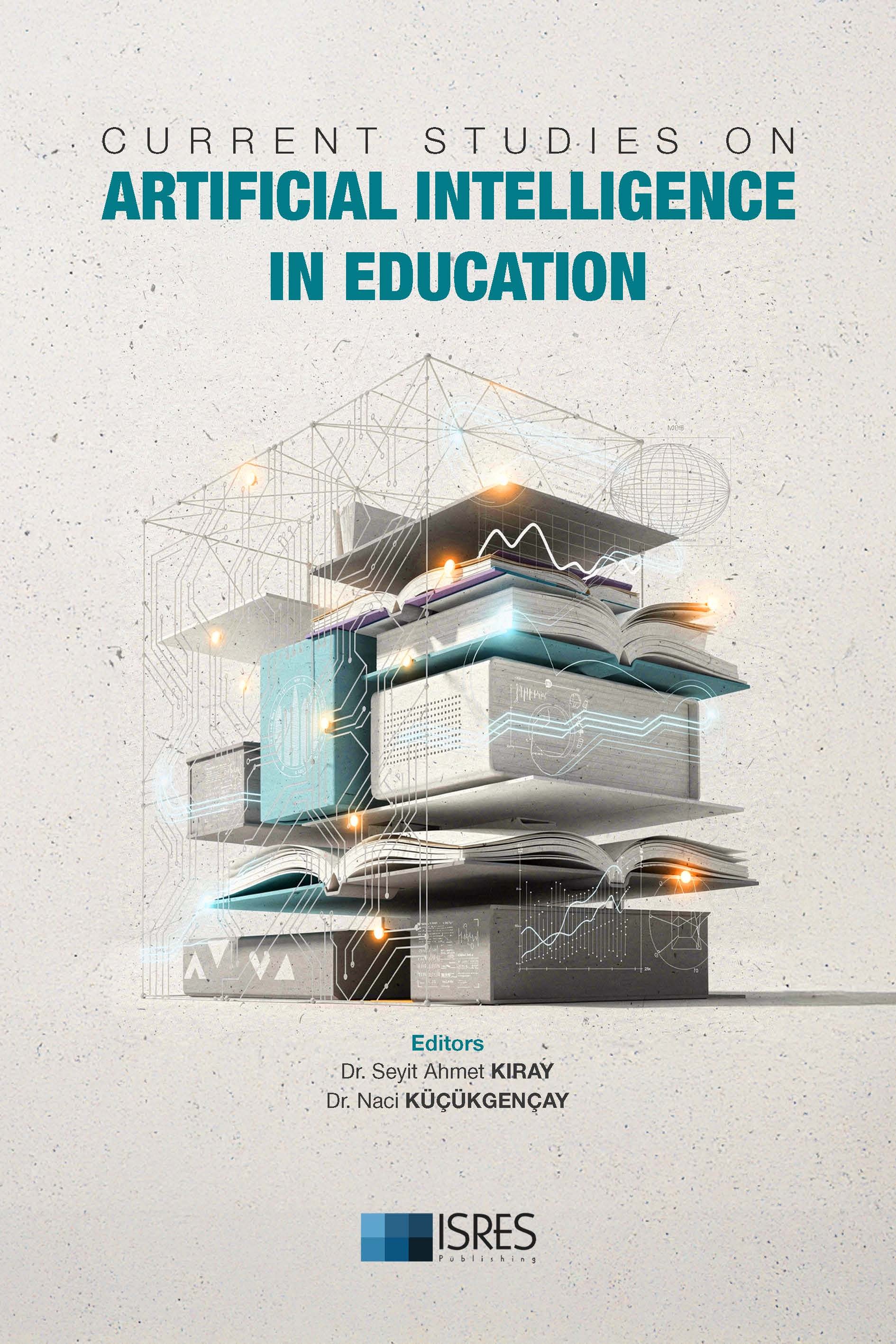
_Sayfa_001_23-12-2025.jpg)




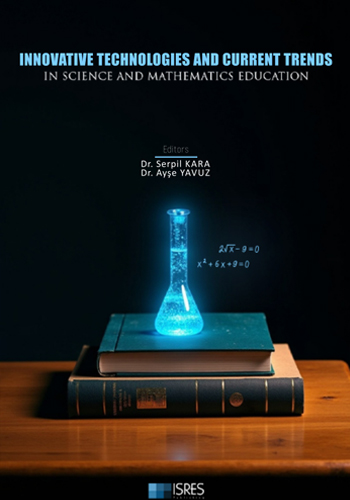





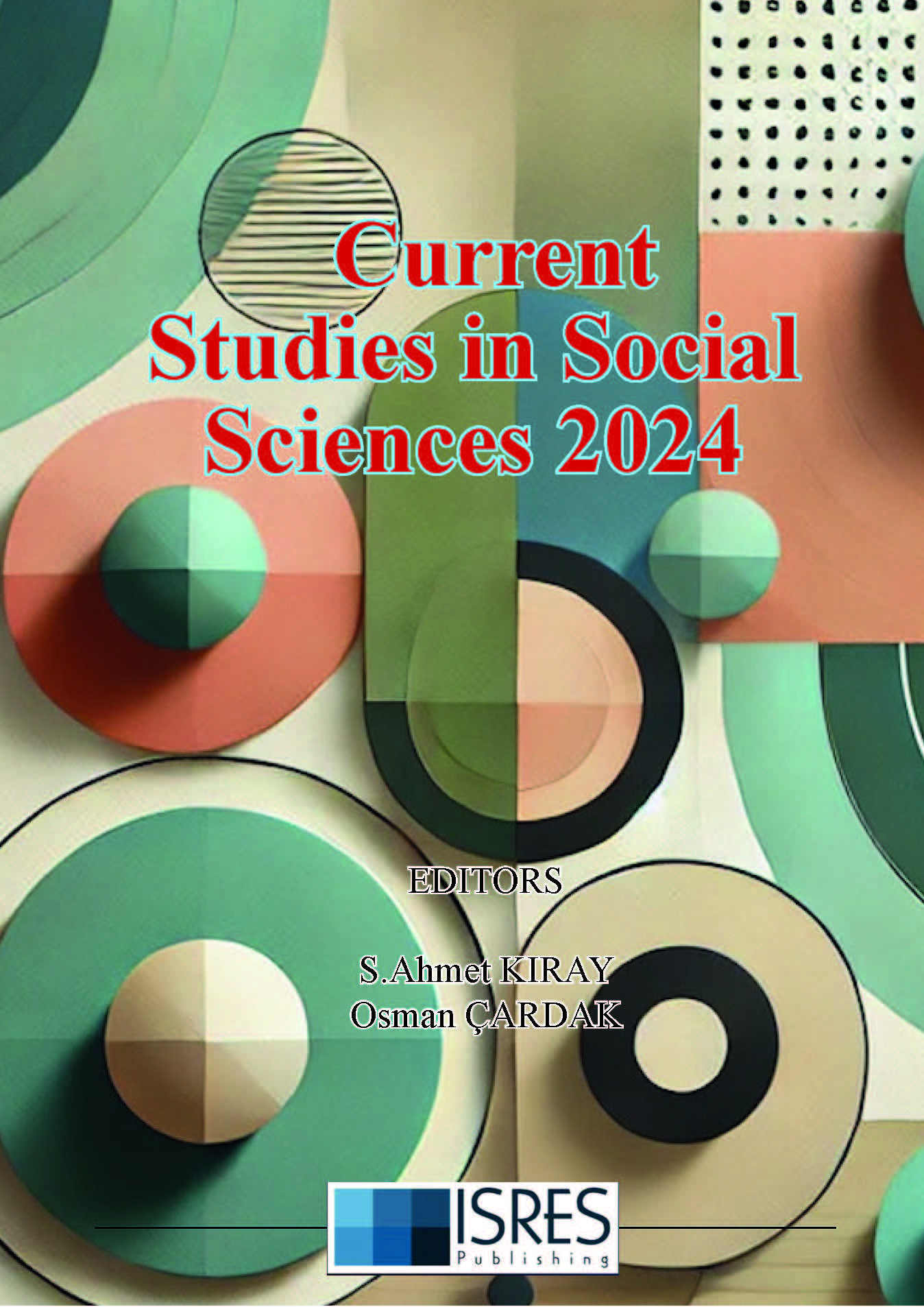
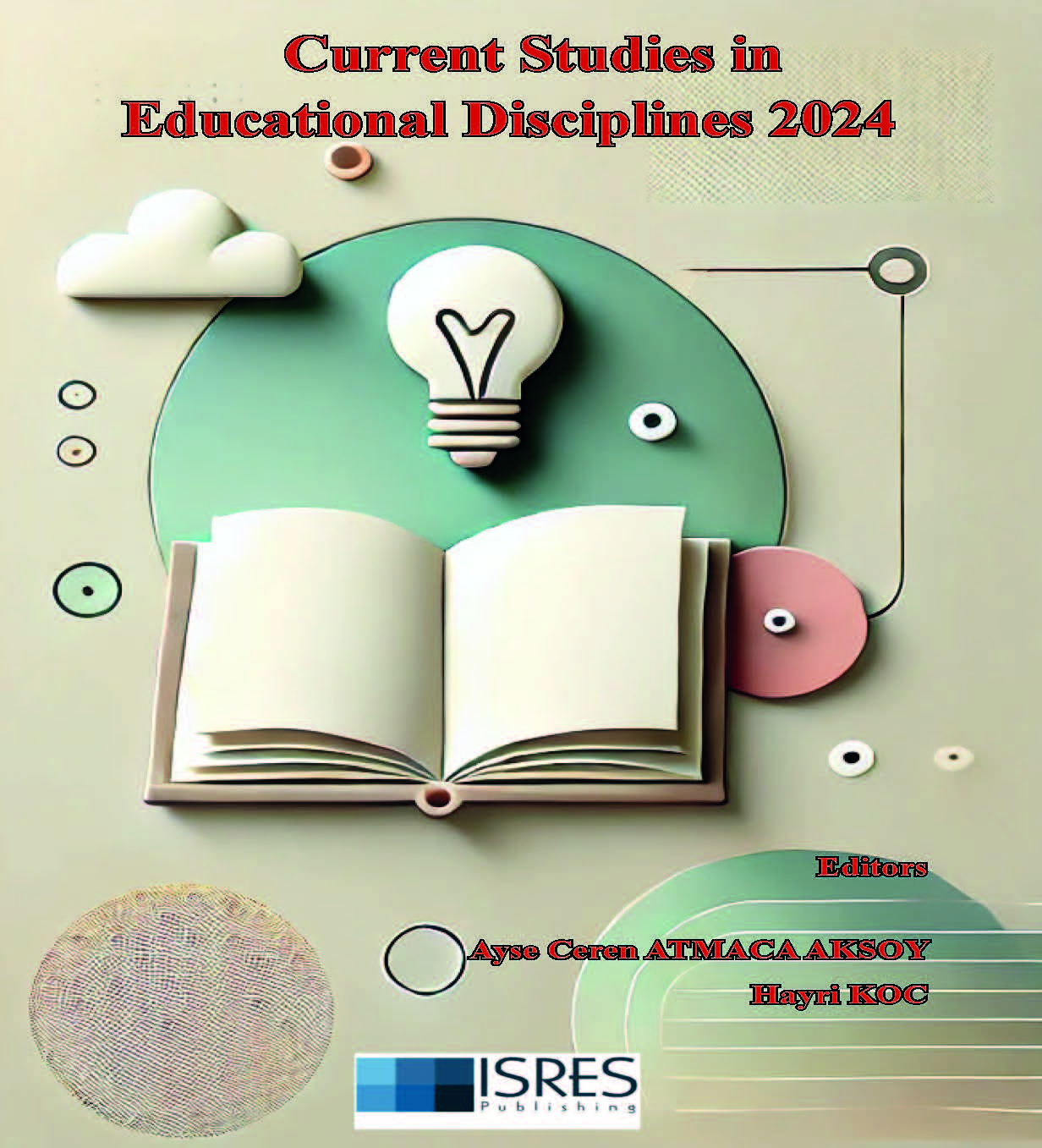



 (1)_16-12-2024.jpg)


_29-12-2024.jpg)
 (1)_01-01-2025_10-03-2025.jpg)

_01-01-2025.jpg)






